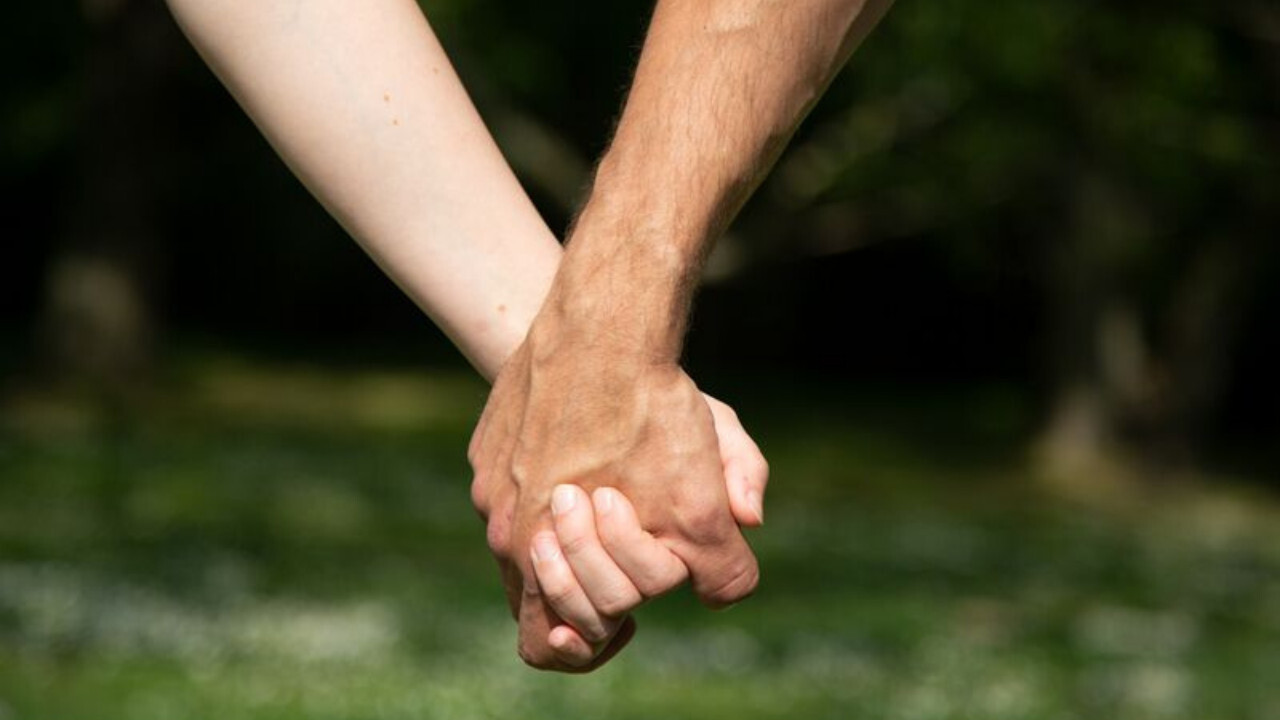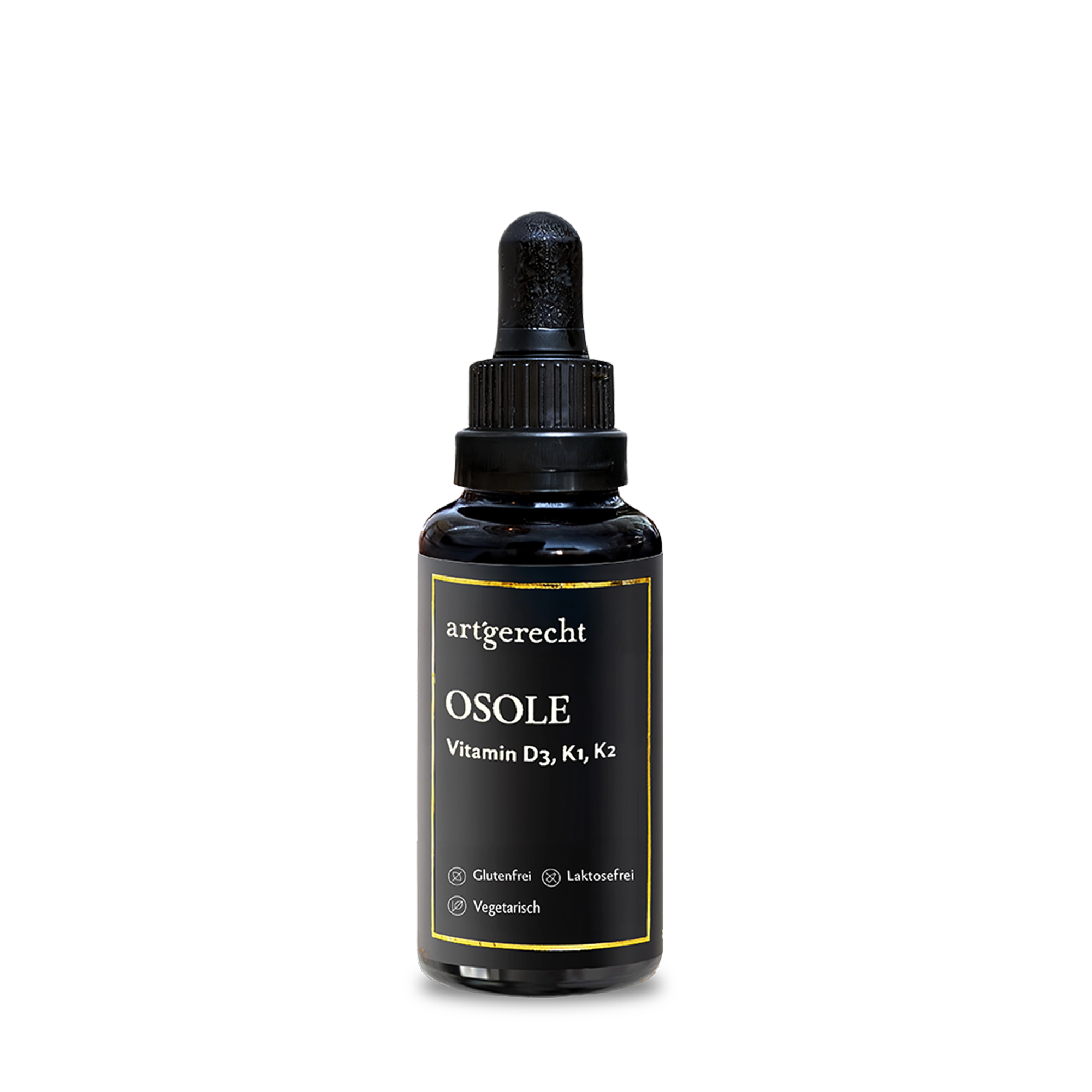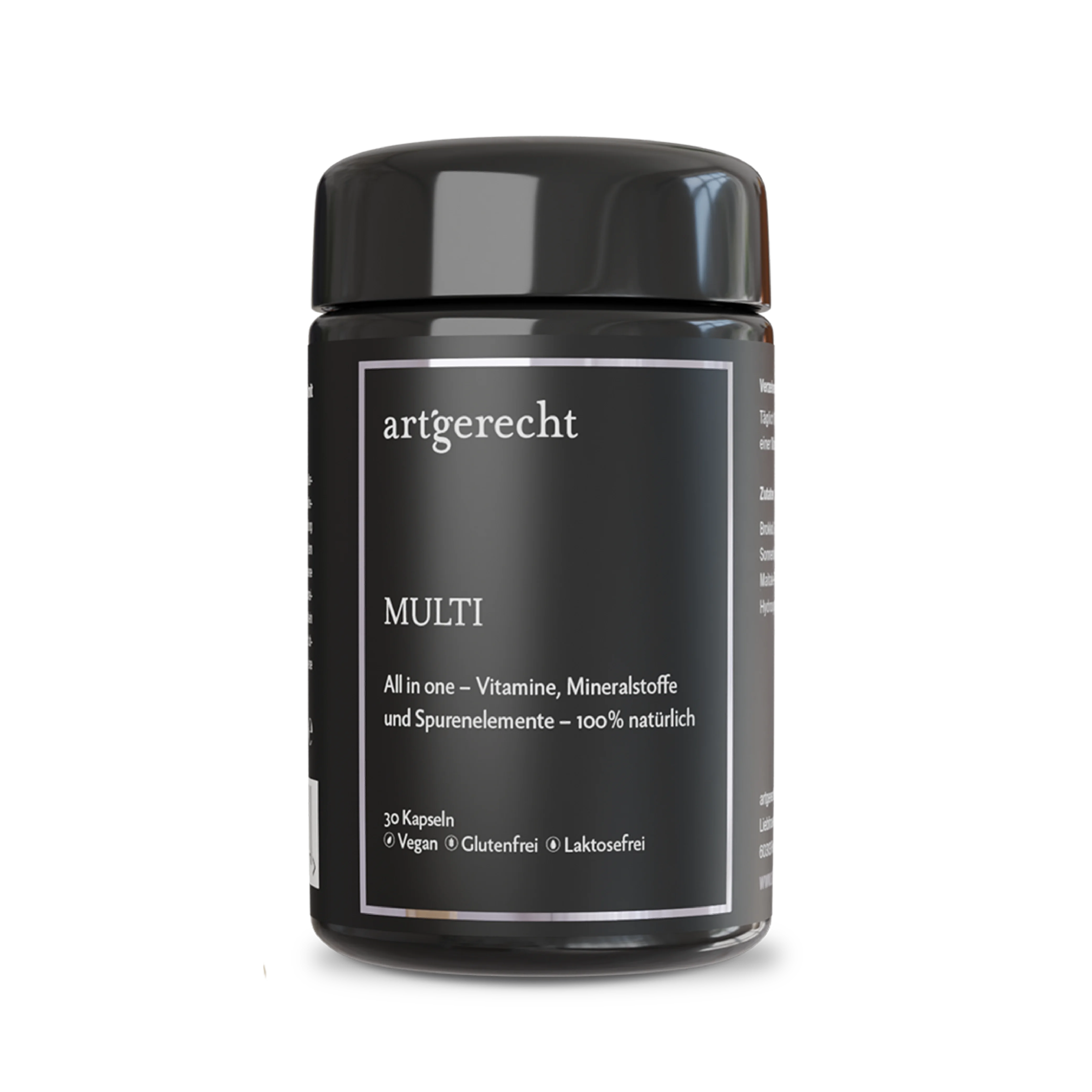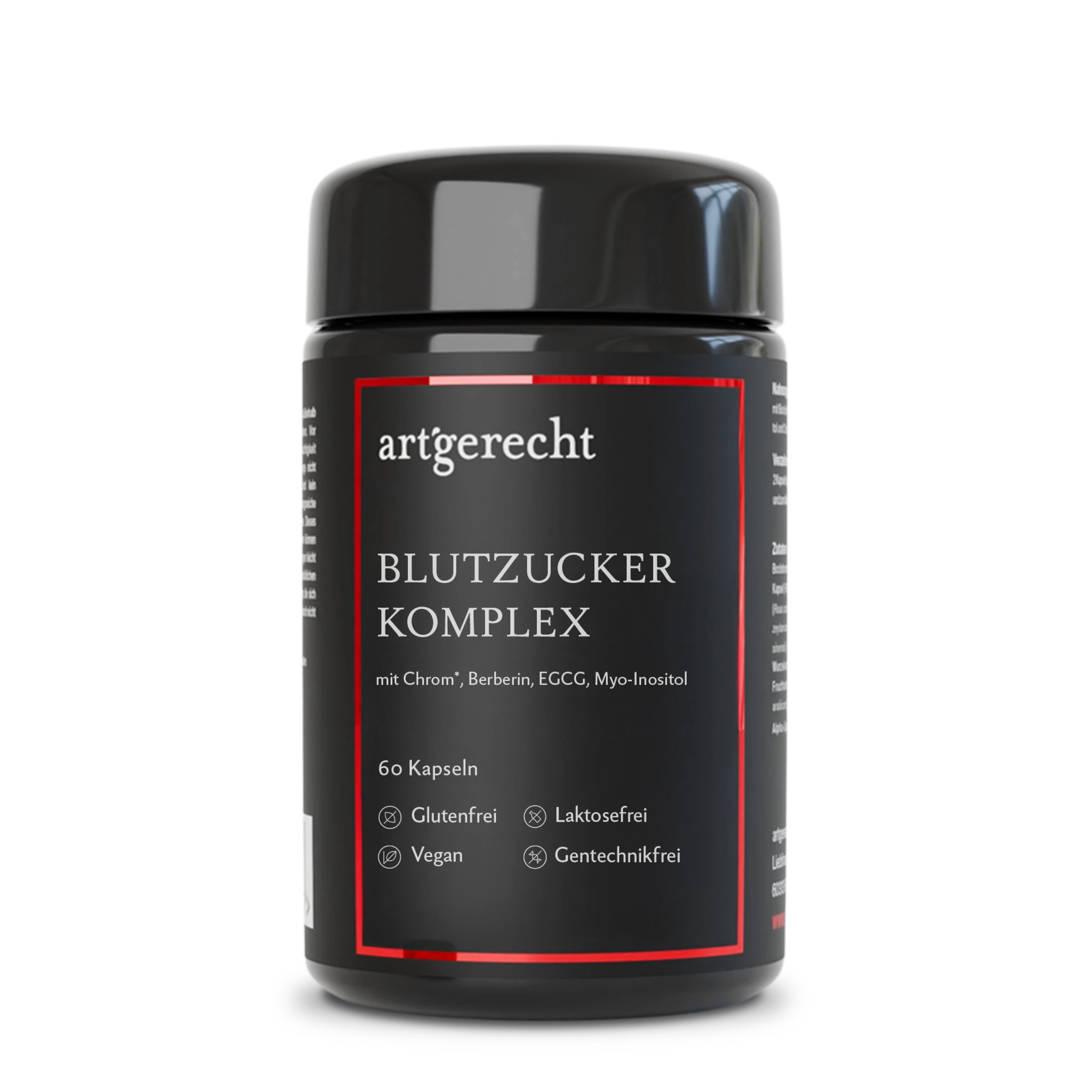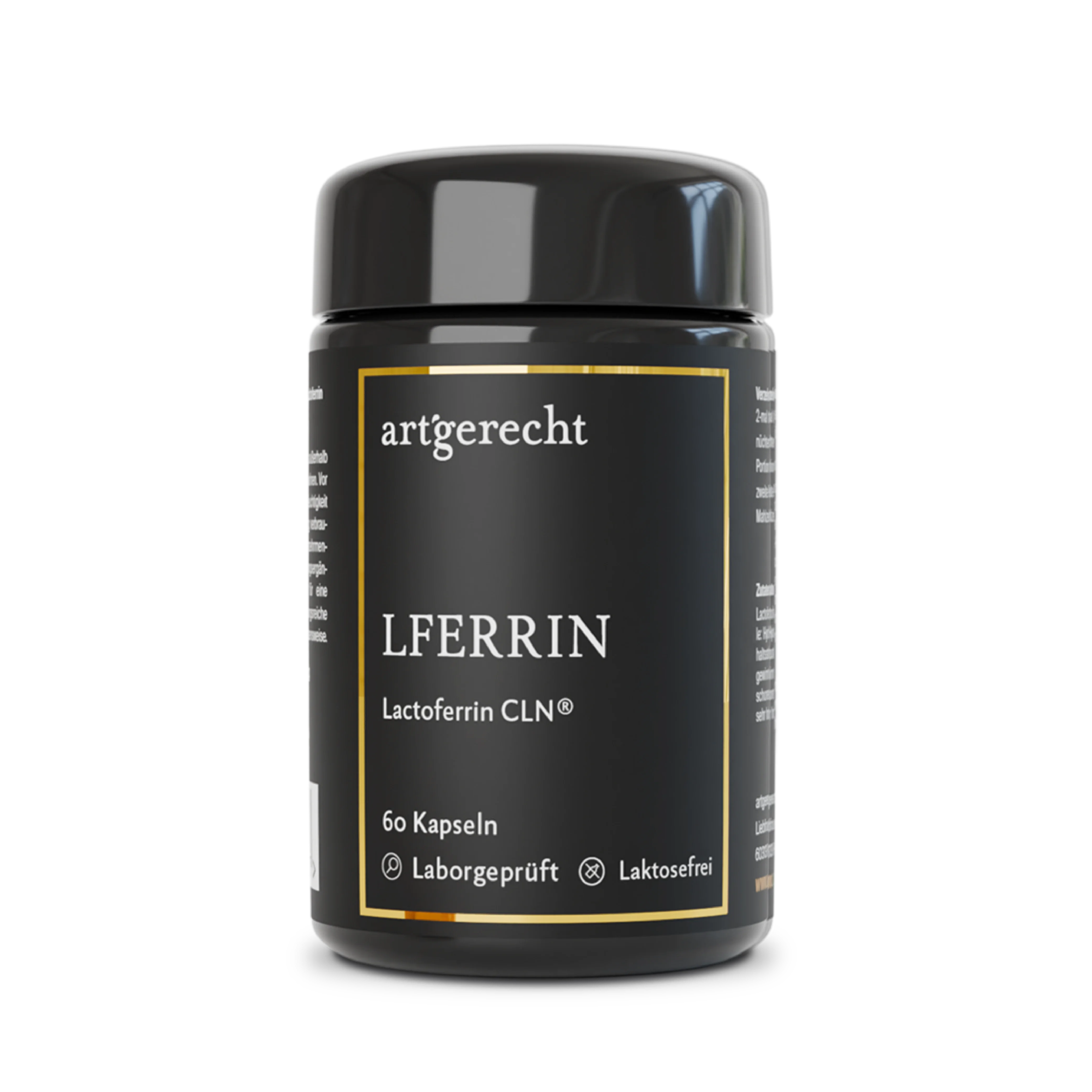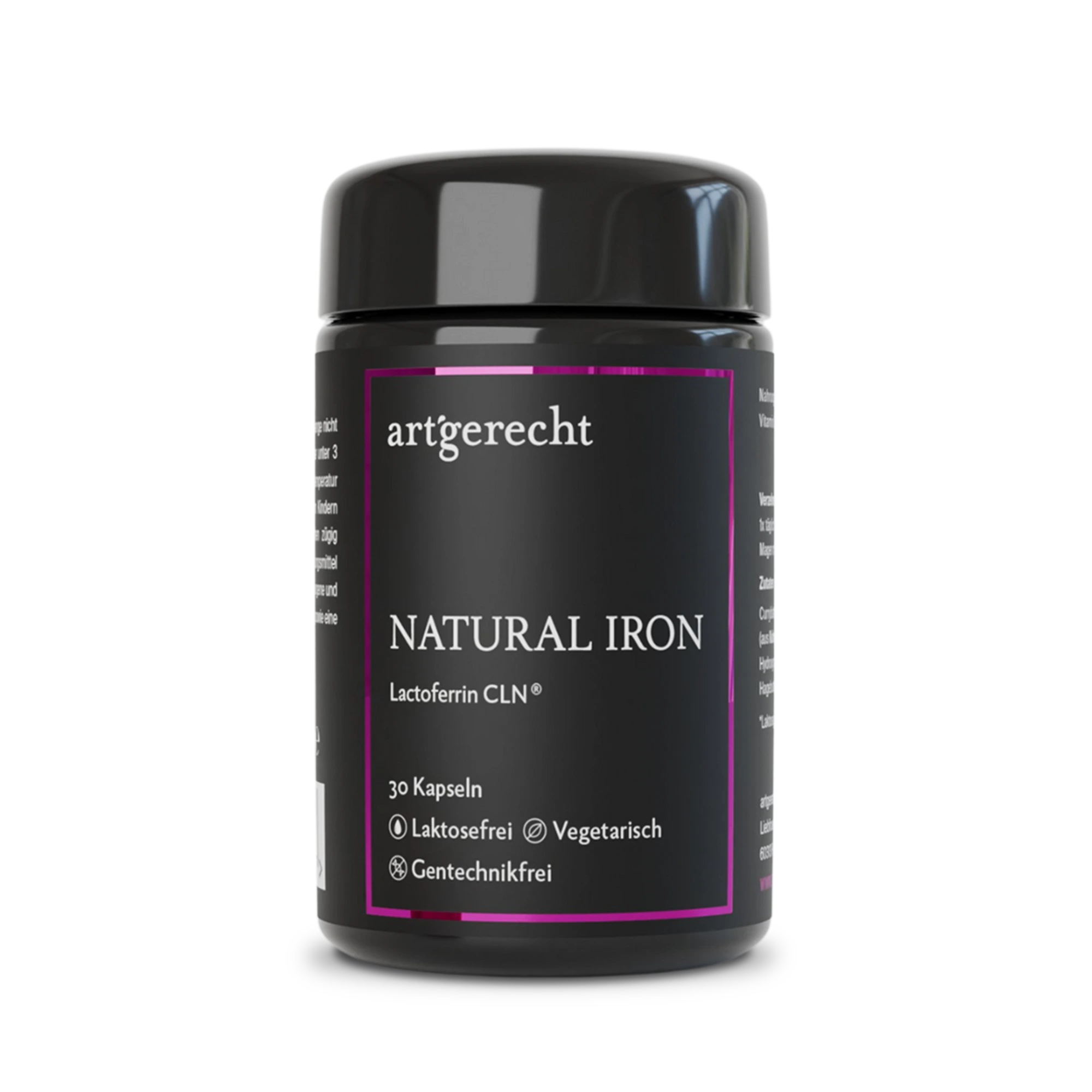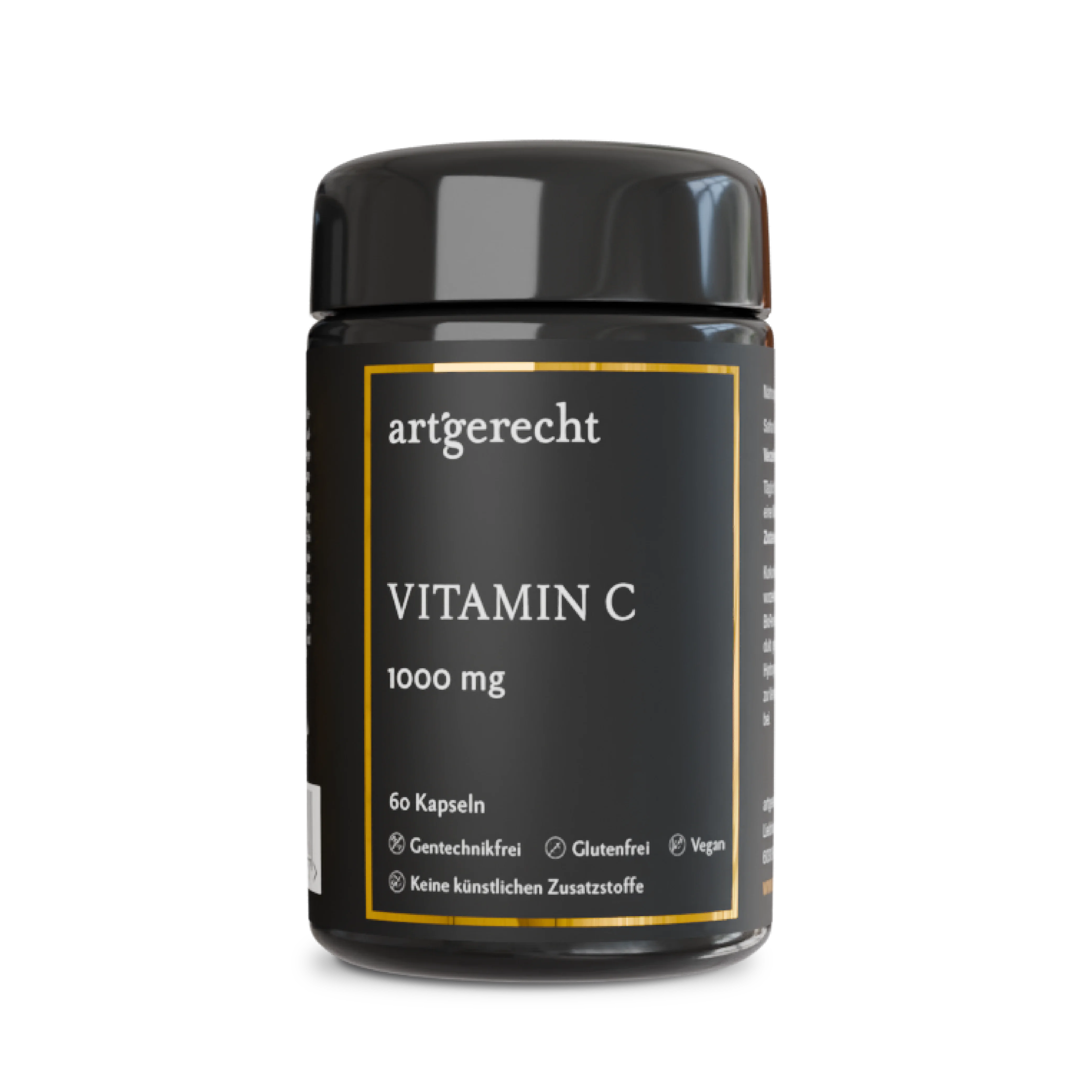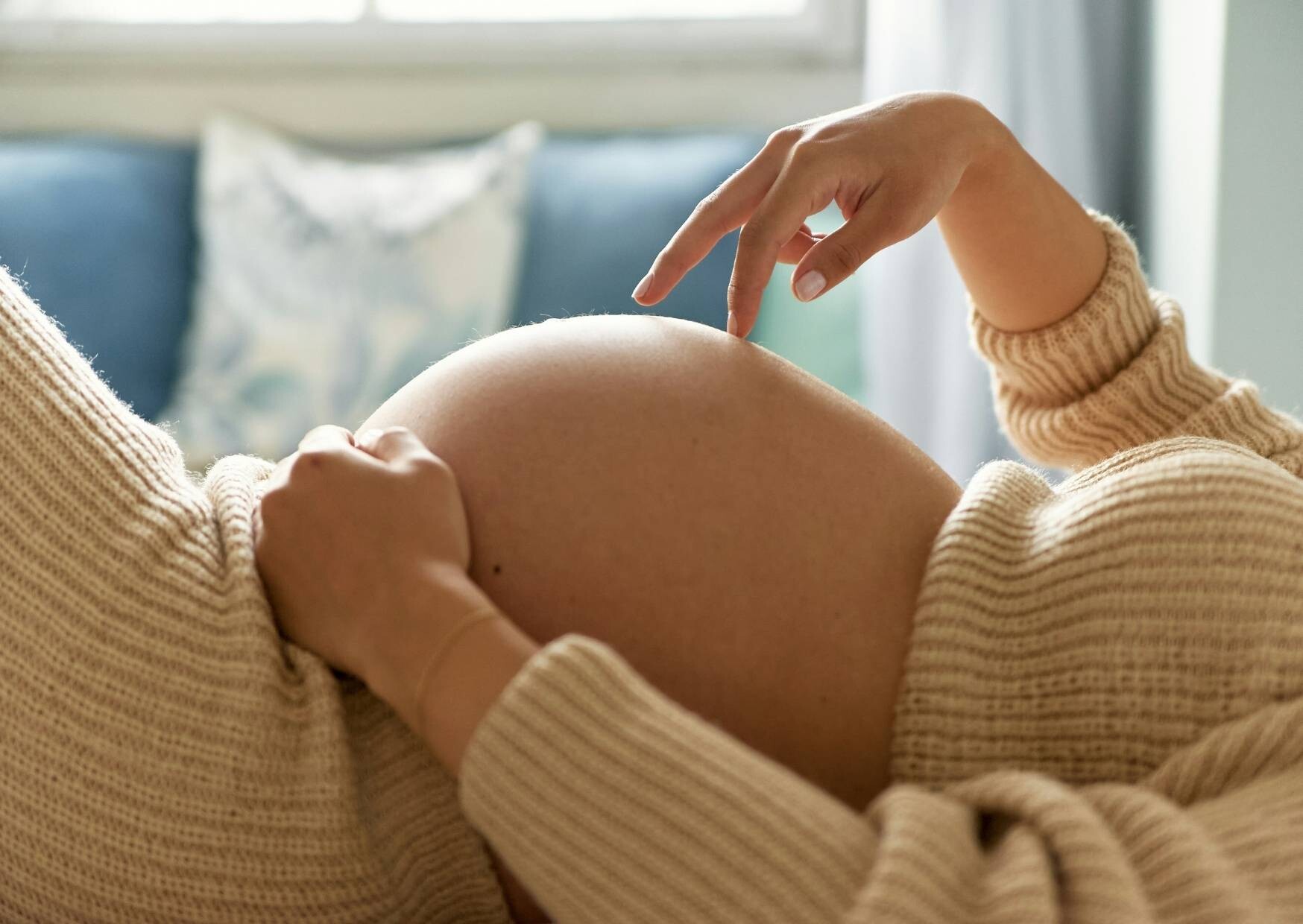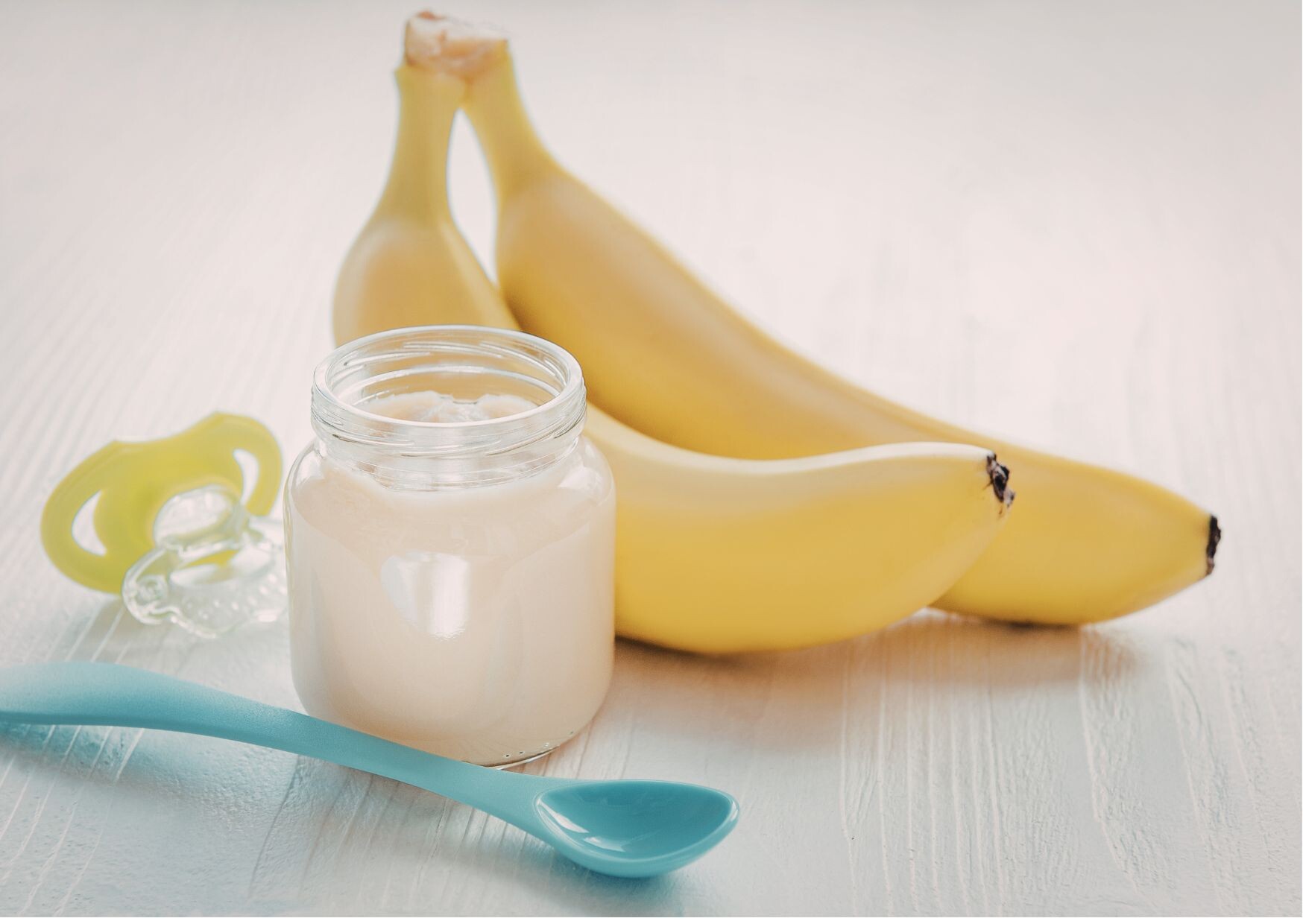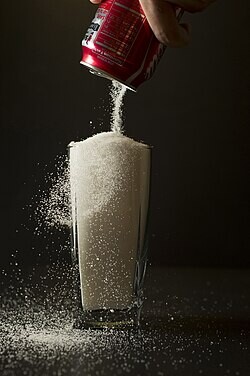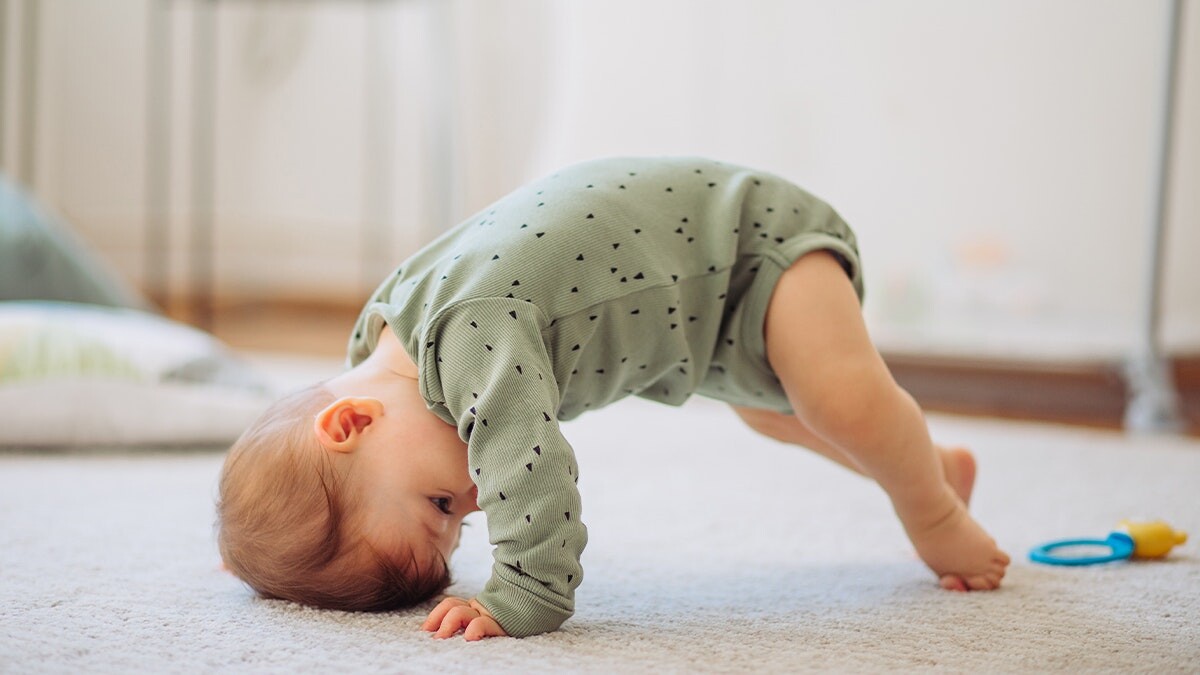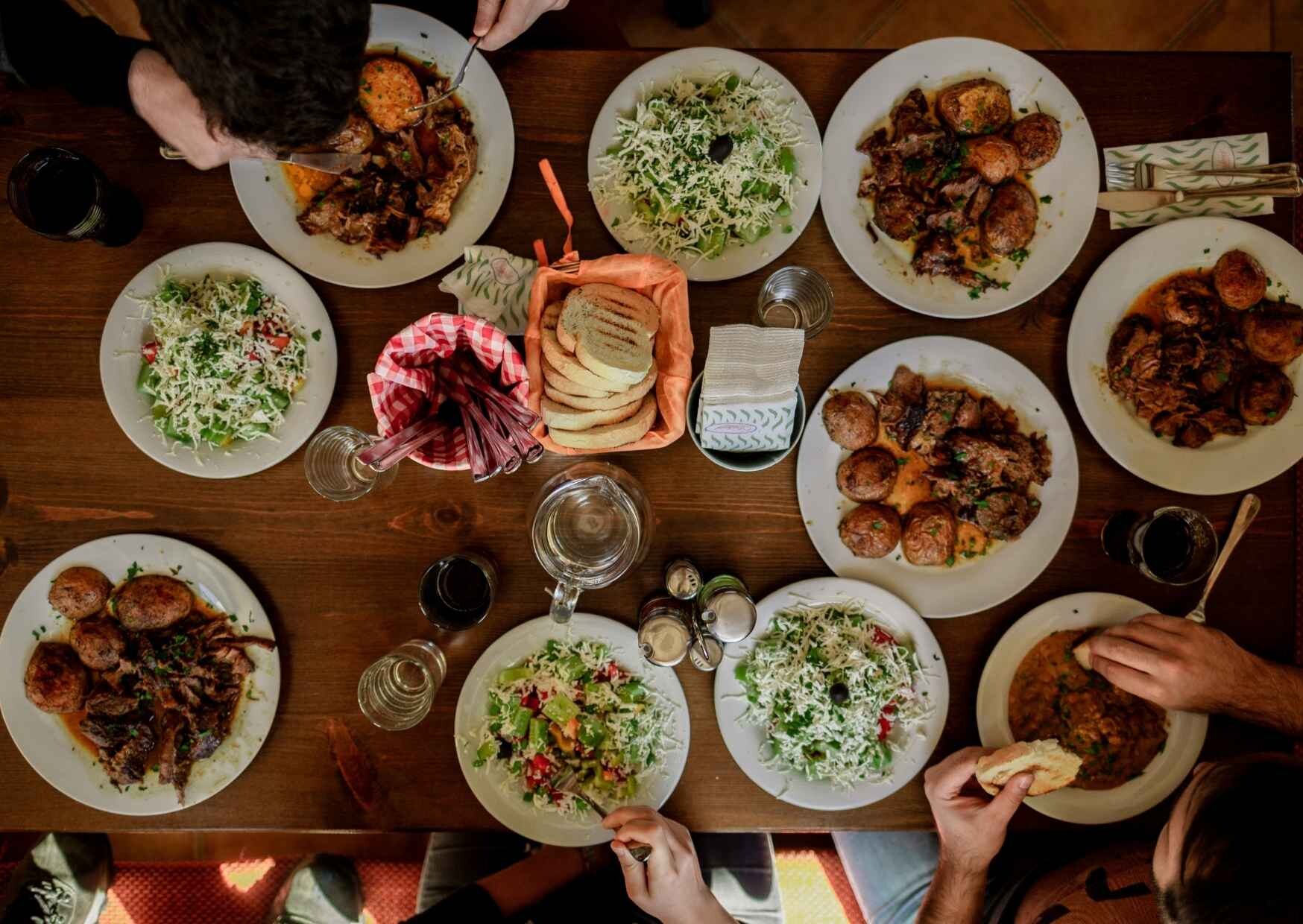- But what exactly does this mean for our health?
- How can a species-appropriate lifestyle protect you through the crisis?
- General explanation:
- Fear is not a good advisor
- What does „persistent“ anxiety mean for the organism?
- So what… and now?
- Confidence and potential during and after the corona crisis
- The kind-of-healthy-corona-crisis-kit
- Recipe: Chocolate mousse with berries
A jolt went through the whole world. In Germany, we are already in the second lockdown phase. There is still a lot to read, hear, see – and also to talk about the enormous danger posed by a small virus: SARS CoV2. A virus that can lead to the lung disease Covid 19: In other words, a disease caused by the coronavirus (SARS-CoV2), which was first detected in the Chinese city of Wuhan (Hubei region) at the end of 2019.
But what exactly does this mean for our health?
A lot has happened since then: Within just a few weeks, the modern world as we know it has changed massively. Restrictions, both social and personal, have already become part of our everyday lives due to the dangers posed by this pandemic. The impairment of the economy– from large corporations to individual companies is also a consequence of this crisis.
Many clinicians are already seeing the health consequences of the measures and restrictions taken. The permanent media presence of the corona crisis and the associated potential danger to life and livelihood during and after, but not as a result of corona, is seen as a considerable risk potential. Why? We would like to use scientifically sound research to describe essential factors that need to be considered for each individual, but also for society as a whole:
In concrete terms, it is therefore assumed that the severe impairments and changes in ourchanges to our societal and social coexistence can also lead to longer-term burdens on our healthcare system. This means an increase in non-infectious chronic diseases such as depressive moods and even depression, cardiovascular diseases, immune dysregulation or deficiency situations.
How can a species-appropriate lifestyle protect you through the crisis?
* NPI: non-pharmaceutical intervention.
** BDNF: „Brain-derived neurotrophic factor“, a growth factor that helps improve brain performance.
*** LGI: low grade inflammation, or low grade inflammation.
The graphic shows the sequence of possible complaints that can arise as a result of the coronavirus crisis and the effects they have on the human organism.
So why are so many physicians and psychologists talking about the potential increase in „depressive illnesses“ and other non-transferable chronic illnesses?
At the beginning of the consideration are the „non-pharmaceutical interventions“ in the context of the corona crisis, which we experience as „restrictions“. At the same time, the topic of corona and its consequences and effects can be found everywhere in the media. This is explicitly not about an assessment of whether the measures taken are sensible, but merely about clarifying the question of what consequences can be expected for Homo Sapiens.
General explanation:
In a study conducted by R+V Versicherungen on the „Ängsten der Deutschen“, which is published annually, the &bdquopublished annually, the fears of the population were once again examined with regard to the coronavirus crisis [1]. A survey of participants showed that the coronavirus crisis has increased both the fear of possible infection/illness and economic decline.
These fears appear to be due to the media omnipresence of the topic, in addition to the noticeable restrictions. Social systems research shows that the increase in information (medical, epidemiological from news, social media, etc.) is also influencing decision-making processes.The increase in information (medical, epidemiological from news, social media, etc.) also results in decision-making options with regard to individual behavior - e.g. wearing or not wearing protective masks - that make life appear fundamentally riskier [2]. Increased stress levels caused by the media, including post-traumatic stress disorder (PTSD), a mental illness that occurs as a result of a traumatic experience, are also being discussed in the scientific community and have met with approval in psychiatric research [3]. Based on anxiety and uncertainty about social and political developments, this ultimately results in tangible personal limitations: The prevailing feeling of inability to act spreads.
Fear is not a good advisor
Fear as one of the basic emotions of humans [4] is generated in the emotion center of the brain within the limbic system, more precisely the amygdala [5]. Emotional activation also leads to effects on the entire metabolism [6] via the nervous system and corresponding hormone release. This is because anxiety activates the stress system[7]. It does not seem to be decisive for the organism whether it is a „real“ or „constructed“ anxiety situation. This is always followed by the activation of the stress system and thus the organism's attempt to protect itself [8]. Stress and the release of stress hormones create a „beware position“ in the organism, because in the course of evolution this system became active when acute danger was imminent. This also restricts „clear thinking“: During a stress reaction, action must be taken quickly without thinking about the decisions in detail [8]. Having to make decisions in fear can significantly change a conscious, well-considered decision.
What does „persistent“ anxiety mean for the organism?
8 facts about persistent anxiety:
- Anxiety is one of the basic emotions and activates the stress system [7].
- Under stress or. prolonged stressful situations, the immune system is activated and can lead to unnoticed low-grade inflammatory situations [9].
- An activated immune system consumes a lot of energy[10],[11]. We often feel energy-less.
- In particular, an activated immune system consumes amino acids, which are broken down from the muscle.muscles are broken down [12],[13].
- The essential amino acid tryptophan, which contributes to the production of serotonin (happiness hormone) and melatonin(melatonin).melatonin (sleep hormone), is converted into other metabolic products (NAD+) than usual when the immune system is activated in order to be available to the immune system. The activation of the immune system does not only have to be triggered by harmful (pathogenic) germs, but can also be triggered by psychosocial stress or anxiety.strong>anxiety, an unbalanced diet and modern lifestyle [14].
- If tryptophan is increasingly consumed, it is lacking in other areas and can thus cause a serotonin deficiency. The result is depressive moods[15]. In short: If tryptophan is needed for the activated immune system, the production of the happiness hormone serotonin is reduced and social withdrawal occurs. The isolation from the group as a reaction to an infection protects the strain from its transmission in evolutionary terms. This is now referred to as sickness behavior [16].
- Chronic stress alters the activity of the immune system. This means that a certain part of the immune system, the so-called Th1 system, down-regulates the so-called cellular defense [17]. Instead, the Th2 system, which produces part of the immune substances (e.g. antibodies), is more active [17]. The consequences are: lack of resistance to infection and an increased risk of allergies and other diseases [18].
- People react differently to stress, whatever the trigger, with hormone releases[19]. Some people are unable to adapt well to stressful situations and react to every new stress reaction with high hormone levels. The metabolism changes, the released cortisol (stress hormone) forms sugar from amino acids stored in the muscles. As the sugar is not consumed in sufficient quantities, it is converted into fatty acids and stored in the liver and other internal organs: The consequences are visceral fat formation, decrease in subcutaneous fatty tissue, reduction in muscle mass and thus an increase in cardiovascular risk. People affected by this „non-adaptation to stress“can be recognized by a spherical-looking belly and thin arms and legs [19].
So what… and now?
After considering what anxiety and stress trigger in the organism, the question arises: What would make sense to do now?
There are efficient measures that can be easily integrated into everyday life, have been proven to reduce anxiety or stress and that Protect and strengthen the immune system. From the perspective of leading researchers in psychiatry, neurology and psychotherapy, knowledge of mental stress situations and their consequences should therefore be a central component of measures and actions - because we are all in the same boat. However, the fear is currently being compounded by the consequences of non-pharmaceutical interventions (NPIs): Social distancing
presents homo sapiens with a very special challenge, because the „herd animal human“ is used to being together in a group of several [21].
Sedentary Lifestyle
- The reduced range of leisure activities due to the continuing restrictions is changing people's exercise behavior: On average, everyday physical activity in Germany has reduced by up to 59% [25]. Many people are even working from home.
- Lack of exercise or a sedentary lifestyle in everyday life are associated with most „modern“ diseases, such as type 2 diabetes mellitus, obesity, cardiovascular disease and premature death [26]. Defined is a sedentary lifestyle with a step count below 5000 steps per day [27]. In a home office day alone, without going out, the recommended number of steps is difficult to achieve.
- If there is too little movement in everyday life, the formation of Brain Derived Neurotrophic Factor (BDNF) [28] is lacking: This endogenous substance is produced during exercise. It improves fat burning in the muscles. In the central nervous system, it triggers the new formation of nerve cells and their connections. Exercise improves memory, while at the same time more neurons in the „center of memory are activated;(hippocampus), the anxiety center (amygdala) is shut down and stress is reduced [29]. Exercise also helps against fatigue.
- Exercise has an anti-inflammatory effect, regulates the immune system and is an essential resource for the body.strong>resource for a healthy and long life [30].
Emotional eating
- Occasionally, our diet also changes as a result of ongoing stressful situations and the domestic environment. This leads to „emotional eating“, as the brain influences eating behavior in order to increased energy needs under stress [31].
- The result: overeating, high calorie densities, lots of antinutrients that disrupt digestion, perhaps even smoking and increased alcohol consumption. This influences the intestinal pumpability (permeability of the intestinal mucosa) [32] and, together with psychological stress, leads to dysbiosis, i.e. a altered intestinal microbiome[33]. As a result, the communication system between the brain and gut can be negatively affected and is associated with depressive moods and anxiety[34].
- The modern diet, or „Western Diet“, is characterized by high carbohydrate densities, saturated fats and a high fat content.The Western diet is characterized by high carbohydrate densities, saturated fats, monotony in food choices and industrially manufactured products, which were increasingly purchased at the beginning of the quarantine. However, the human organism needs a varied diet, essential amino acids, sufficient micronutrients – i.e. vitamins, minerals and trace elements – and essential nutrients, such as polyunsaturated fatty acids: above all Omega-3 fatty acids. These also have an anti-inflammatory effect and are important for the brain, heart, muscle metabolism and immune system [35]. A good supply of micronutrients is essential for the healthy functioning of the organism is crucial and is often not sufficiently covered [36].
Indoor
- The quarantine measures inevitably lead to an „indoor life“. This is coupled with staring at a screen, usually for work-related reasons. Especially in the evening hours, human biorhythms are affected: Stress, sleep problems, but also chronic illnesses, are the result [37].
Outdoor
- However, it is precisely outdoor that nature has a lot in store for us that is important for a functioning immune and defense system: getting being in the forest reduces stress levels, „coordinates“ the immune system [38] and improves the activity of immune cells [39]. This is triggered by phytocides (essential oils) from flowers that are absorbed through the nose and have an influence on the immune system [40]. At the same time, cognitive performance is improved[41].
- If you can't find a forest, at least you can find the sun. Sunlight and the associated production of Vitamin D in the human skin is necessary and important for the body: For our well-being, our stress level and the immune system – and goes far übeyond the „well-known“ importance for bone metabolism [42]. Supplementation is common in our latitudes during the winter months and is already well known. However, it is also a sensible supplement [43] if there is too little sun exposure in everyday life.
All will be well in the end. And if it's not good, it's not the end …
Confidence and potential during and after the corona crisis
Is everything bad now and are we becoming cränker? No.
We definitely don't want to cause more fear, but rather to educate and, of course, offer solutions that fit into this modern everyday life. Some of the changes brought about by the crisis may even have positive social effects, e.g. advancing digitalization, new home office regulations – and, as a small side effect, even positive developments for nature and the environment.
.Think positive and positive things will happen…
Even if it may sound „banal“: „Optimism, joy and happiness– „think positive“ are the means of choice right now. Because just as the human brain is not able to view fears in a differentiated way and leads to reactions, in the opposite sense, positive thoughts and emotions can calm the immune system, provide relaxation and eliminate stress[44]. Even a „forced“ laugh produces the same positive hormone cocktail in the emotional center after just a few seconds./strong> as an unintentionally funny situation or a joke [45],[46].
The kind-of-healthy-corona-crisis-kit
Activity
- Moderate exercise throughout the day: walk approx. 10,000 steps
- Sitting breaks: Get up every 60 minutes and do an exercise for one minute: Push-ups, squats, running up and down stairs, jumping jacks, etc.
- Move your body: Take a walk in the fresh air in the morning before breakfast
- : If possible, sit on the balcony or terrace and soak up the sun
- HIIT training: Once a day (preferably around 4 p.m.), do a short, intensive workout for 6-8 minutes – this increases the body's own lactoferrin production, improves energy metabolism and regulates the immune system.
- Cold shower: At the end of your morning shower, take a cold shower for 30 seconds (increasing to 3 minutes): Regulates the immune system, stimulates circulation, improves fat burning. Keep a mindful mindset: Feel the cold, but don't judge it.
Cultivate social relationships
- Eye contact instead of body contact. Look deeply into the eyes of a loved one for 5-10 minutes and let it work. This increases the oxytocin release.
- With your quarantine partner: nude cuddling also increases the amount of oxytocin and calms you down.
- Create quality time: Have conversations together and make plans about future goals, trips and developments.
Nutrition
- Food – 120 foods per week.
- Plant-based, but little to no grains or pulses.
- Sufficient fish, seafood, algae and olivesöl.
- Intermittent fasting, e.g. 16:8 method.e.g. 16:8 method: improves regeneration, calms the immune system and triggers autophagy processes in the cell.
- Low meal frequency: Every meal generates an immune response, few meals also less immune response.
- Cook, celebrate and enjoy meals with loved ones.
Corona Stress Immune Protocol
| What | Why | How much | |
| LFERRIN | Lactoferrin - one of the body's most valuable proteins, a natural component of the immune system | ;component of the immune system | 2×1 capsule / day |
| AMIN | Aminosaccharides for the immune system, energy source, building material for hormones and neurotransmitters: serotonin, melatonin, dopamine etc. | 2x5g / day | |
| PROTECT | Regeneration of the intestine (for leaky gut), important for the immune system as an energy source | 2x5g / day | |
| MULTI | Sufficient micronutrient supply | 1 capsule / day | |
| OMEGA | Omega 3 fatty acids - anti-inflammatory, essential nutrients;nutrients, important for brain, muscles, cardiovascular system | 1 capsule / day | |
| OSOLE | Vitamin D3 K2 - essential for the functioning of the immune system, co-factor for many metabolic processesauml;nge, neurotransmitters and hormones | 2 drops / day |
Meistgesuchte Präparate
Unsere Leser schätzen neben fundiertem Wissen rund um Gesundheit & Ernährung auch Präparate in höchster Qualität. Folgend findest Du unsere derzeit meistgesuchten Produkte.

